The choice of one’s orientation constitutes a crucial element in ensuring one’s future and one’s future professional career. Often a source of stress, this decision must be made calmly, judiciously and after careful consideration. You will also have to consider that you will certainly not practice the same profession all your life. The ideal is therefore to carry out some introspection to know which profession you should turn to and, above all, what training to follow to achieve this.
Self-knowledge
People generally have a superficial knowledge of what they really want to do in their life. Career guidance may be necessary to help them in their career choice. It also constitutes one of the cornerstones likely to contribute to their development. Then, through it, you can condition yourself to better understand your needs. This will allow you to find the appropriate answer to the question how to choose your profession and to determine the common thread of your journey. Concretely, you will have to aim for authentic work that you enjoy. You will also need to choose studies that will give you the motivation you need to achieve your goals. Once you have completed your studies, you will be able to distinguish yourself from your competitors on different levels during your job search.
The knowledge
When choosing your studies, you must ask yourself the right questions. What are your theoretical interests? Which ones do you miss? The answers will help you in your career search. For example, during school time, the knowledge acquired covers diverse areas (foreign languages, oriental cuisine, scrapbooking, etc.). On the other hand, future training can lead to obtaining knowledge specific to particular professional sectors. This may relate to service, information, manufacturing or agriculture.
Skills
As with knowledge, you need to take the time to evaluate your skills. This particularly concerns your behavioral skills (taking initiative, empathy, negotiation, etc.). You will also need to determine what your technical skills are (handling tools, using software , ability to repair a machine, etc.). It will then be easier to know which profession and which training suits you best. The chosen educational center will help you obtain other, more specific skills. This ranges from communication skills to problem-solving skills. You will also develop your ability to make informed and autonomous decisions and to make value judgments. It should be noted that work-study training can be useful in adapting to hierarchy and rules. This also allows you to obtain other skills (assertive communication, prioritization, getting used to stress, etc.).
The goal of life
The older you get, the more your aspirations evolve. Your concept of “ideal job” varies depending on your own expectations and the recommendations of those around you. It can also depend on what is well paid, what is considered prestigious or what your academic results demonstrate. You will have to think about what you really want. What do you want to bring to the world? What are your beliefs? What motivates you ? What would make you happy? What makes you unique? Answering these questions will bring authenticity to your choices. You will also be able to define your ideal professional framework.


